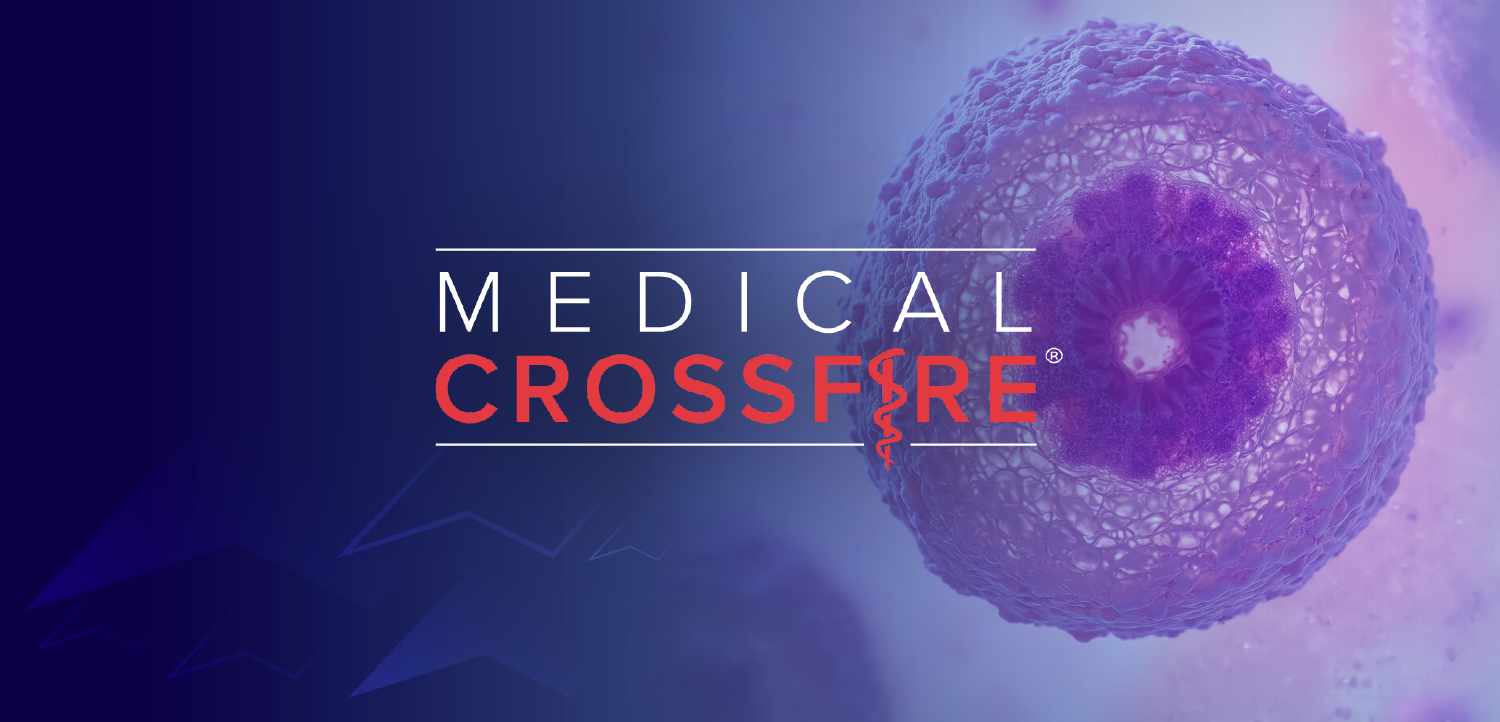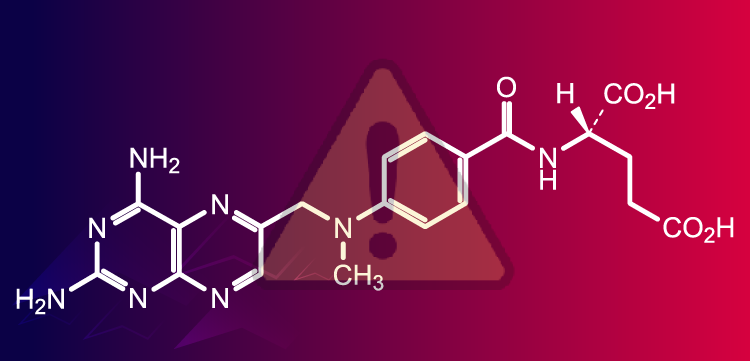
Panitumumab Improves Outcomes in RAS/BRAF Wildtype Colon Cancer
Adding panitumumab to neoadjuvant FOLFOX cut recurrence risk and improved survival in locally advanced, RAS/BRAF wild-type colon cancer.
Panitumumab (Vectibix) added to neoadjuvant FOLFOX (folinic acid, fluorouracil, and oxaliplatin) chemotherapy improved survival and reduced recurrence in patients with locally advanced colon cancer (LACC) and RAS/BRAF wildtype tumors, according to exploratory findings from the FOxTROT trial (ISRCTN838426) published in Annals of Oncology.1
In the RAS/BRAF wild-type population, panitumumab plus FOLFOX outperformed FOLFOX alone across multiple end points. For example, disease-free survival (DFS) favored patients with RAS and BRAF-wild type LACC who received panitumumab plus FOLFOX vs FOLFOX alone (HR, 0.51; 95% CI, 0.27-0.97; P =.04). In the same patient subset, improvement was also reported in the rate of death from colon cancer (HR, 0.23; 95% CI, 0.06-0.83; P =.03) and overall survival (OS; HR, 0.36; 95% CI, 0.16-0.85; P =.02).
“We reported a nonsignificant improvement in time to recurrence with the addition of neoadjuvant panitumumab to perioperative FOLFOX in patients with RAS/BRAF wide type LACC,” wrote lead author Jenny F. Seligman, MD, professor of gastrointestinal and translational oncology, honorary consultant in medical oncology, University of Leeds, United Kingdom, in the study. Notably, tumor downstaging at surgery—a predictor of benefit with FOLFOX alone—did not correlate with long-term outcomes in the panitumumab group, suggesting a distinct mechanism of action.
The understanding of biological subtypes and response to therapy in metastatic colorectal cancer (mCRC) has greatly improved over the past decades, particularly for anti-EGFR agents. The authors rationalized the importance of revisiting conclusions of studies where drugs were tested in suboptimal populations based upon best evidence at the point of trial conception.
“In this study, we tested the addition of panitumumab to neoadjuvant FOLFOX compared with neoadjuvant FOLFOX alone in LACC and have demonstrated clinically relevant activity limited to a rationally selected and predefined biomarker group,” Seligmann et al wrote.
Trial Design and Biomarker Selection
FOxTROT evaluated 24 weeks of perioperative chemotherapy, with all patients receiving 3 cycles of modified FOLFOX before surgery. Panitumumab (6 mg/kg) was infused prior to the first 3 cycles in the experimental arm.
Among 4907 eligible patients, 1053 were randomly assigned to postoperative chemotherapy (n = 354) or perioperative chemotherapy (n = 699).
Of the perioperative group, 279 entered panitumumab randomization, with 169 confirmed as RAS/BRAFwild-type after biomarker testing (22 excluded for RAS mutations, 41 excluded for BRAF mutations).
The primary objective was time to recurrence (TTR) in the RAS/BRAF-wild type population. Secondary end points were DFS, colon cancer-specific survival (CCSS), OS, and short-term efficacy.
Baseline Characteristics
Investigators reported that the mean age was 60 years; baseline computed tomography assessment described T4 disease in 32/169 (19%) patients. Regarding tumor location, 102 (60%) had left primary tumor location (PTL) and 67 (40%) had right PTL. There were no major imbalances between treatment arms.
Prior Findings
Initial results for the main FOxTROT trial showed in patients with KRAS wild-type mutations, there was no significant improvement in pathological tumor down-staging or 2-year recurrence-free survival with panitumumab. While a trend towards benefit with panitumumab was observed across all efficacy end points, this was not significant compared with FOLFOX alone, according to investigators.2
Although the study was not powered to definitively change practice, it provides the first evidence that anti-EGFR therapy can improve long-term cancer control in LACC. “These results validate molecular selection for anti-EGFR agents in nonmetastatic disease,” Seligmann et al noted. Further research is needed to confirm benefits in larger cohorts and explore subgroups (e.g., right- vs left-sided tumors).
References
- Seligmann JF, Morton D, Elliott F, et al. Neo-adjuvant FOLFOX with and without panitumumab for patients with KRAS-wt locally advanced colon cancer: results following an extended biomarker panel on the FOxTROT trial embedded phase II population. Ann Oncol. 2025;36(5):520-528. doi:10.1016/j.annonc.2024.12.013
- Morton D, Seymour M, Magill L, et al. Preoperative chemotherapy for operable colon cancer: mature results of an international randomized controlled trial. J Clin Oncol. 2023;41(8):1541-1552. doi:10.1200/JCO.22.00046
Newsletter
Knowledge is power. Don’t miss the most recent breakthroughs in cancer care.

















































































